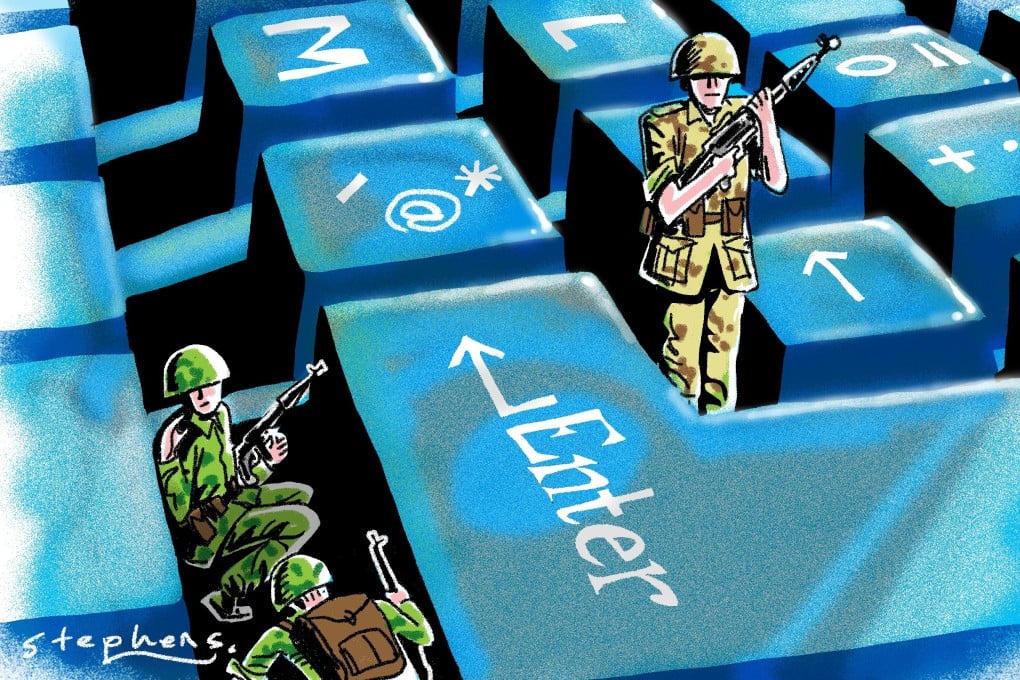Opinion | China’s head start in cyberwarfare leaves the US and others playing catch-up
- Xi Jinping’s foresight that the future is digital helped China push ahead in the race to harness the power of the internet, much of it in covert operations, to sharpen its military edge and economic competitiveness

From the time he assumed power in 2012, President Xi Jinping made it clear how important a role he believed the internet would play in China’s future.
To his credit, he recognised that the future is digital, and that those countries that can get ahead and stay ahead in the race for digital supremacy would hold a natural advantage in global economic competition. He set China on a path that would help ensure its future economic competitiveness by harnessing the power of the internet.
Based on the manner in which he has unleashed China’s participation in that race, the Xi era will be remembered for putting an end to the West’s naive optimism about the potential of the internet to liberalise global polities.
The first rule of unrestricted warfare is that there are no rules and nothing is forbidden. The book advocates tactics known as sha shou jian (assassin’s mace), the concept of taking advantage of an adversary’s seemingly superior conventional capabilities by “fighting the fight that fits one’s own weapons” and “making the weapons to fit the fight”.

